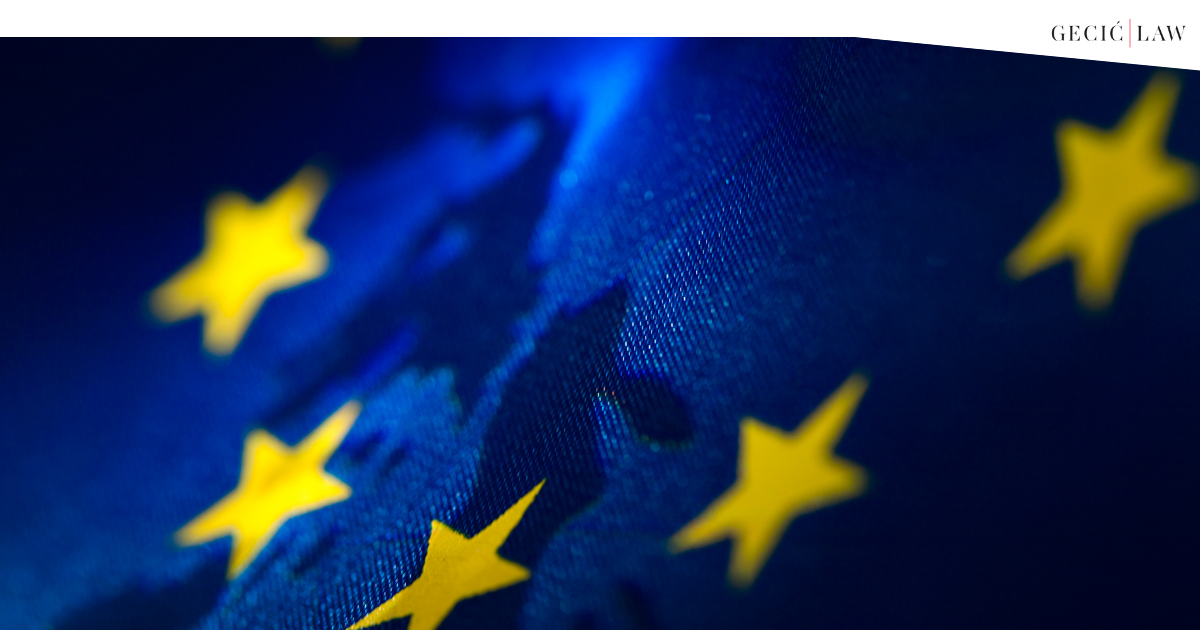

The European Union (EU) has introduced a growth plan to accelerate the accession of the Western Balkans. European Commission President Ursula von der Leyen unveiled a commitment of EUR 6 billion at the Western Balkans summit in Tirana. Out of this amount, two billion euros will be in grants and four billion euros in loans. However, specific details regarding the mechanisms of this growth plan are still pending clarification.
The EU’s strategy is to bring the region closer economically before political integration. This would allow the Western Balkans to benefit from certain privileges. Benefits include the free movement of goods and services and participation in transport, energy networks, and the digital arena.
Nevertheless, this financial assistance is contingent upon recipient countries implementing reforms. This is essential to ensure uniform standards and rules in the internal market, making the region more enticing to global investors.
The optimism surrounding this plan is evident. The Commission predicts that with this support, the GDP of all six countries could potentially double within this decade. In 2022, the Western Balkans, with a population of about 18 million, reported a GDP of EUR 130 billion. However, their GDP is significantly lower compared to countries like Romania, even though they have similar total population sizes.
This new growth initiative builds upon an earlier economic and investment plan from 2020, which had reserved around EUR 30 billion for the region. With EUR 16 billion already utilized, the EU’s recent commitment underscores its commitment to speed up the integration process, especially given the current global challenges.
However, the road to integration has many obstacles. Despite the Berlin Process, the region still seems to have a long way to go. Moreover, the current geopolitical climate further complicates the situation. Despite these challenges, the EU continues its efforts in the Western Balkans, recognizing its strategic importance.